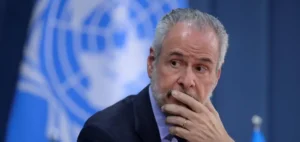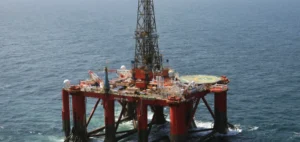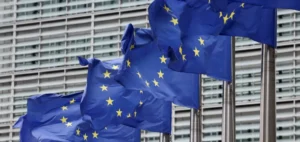Chinese oil giant Sinopec on Wednesday became the first Asian shareholder in Qatar’s North Field East (NFE) project, the world’s largest gas field, the emirate’s national oil company announced.
China is already the largest customer of Qatar ‘s liquefied natural gas (LNG) and one of the world’s largest importers of this energy. “Qatar Energy will transfer to Sinopec a 5% share in the equivalent of an NFE train (all the units of a plant ensuring the processing and liquefaction of gas, editor’s note) with a capacity of 8 million tons per year,” the state-owned company said in a statement.
The North Field East project, estimated at $28.75 billion, aims to enable the Gulf country to increase its annual LNG production from 77 million tons per year to 110 million by 2027. It is part of the expansion project of the offshore North Field, the largest natural gas field in the world that Qatar shares with Iran.
The entry of Sinopec “does not affect the participation of other shareholders”, the statement said without giving the amount of the agreement. The Chinese company joins France’s TotalEnergies, Britain’s Shell, Italy’s ENI and U.S.-based ConocoPhillips, which have larger shares in the project.
The agreement was signed on Wednesday in Doha between the CEO of QatarEnergy and Minister of Energy, Saad Sherida Al-Kaabi, and the chairman of Sinopec, Ma Yong-sheng. This is an “important agreement” marking a new “milestone” in relations between the two countries, said Saad Sherida Al-Kaabi.
QatarEnergy and Sionopec signed a 27-year supply contract last year, billed as the longest ever in the industry. According to the president of Sinopec, this participation “will strengthen the security, stability and reliability of the supply of clean energy”. “I hope the two companies will continue to explore new opportunities for cooperation in the field of LNG,” he added.






















